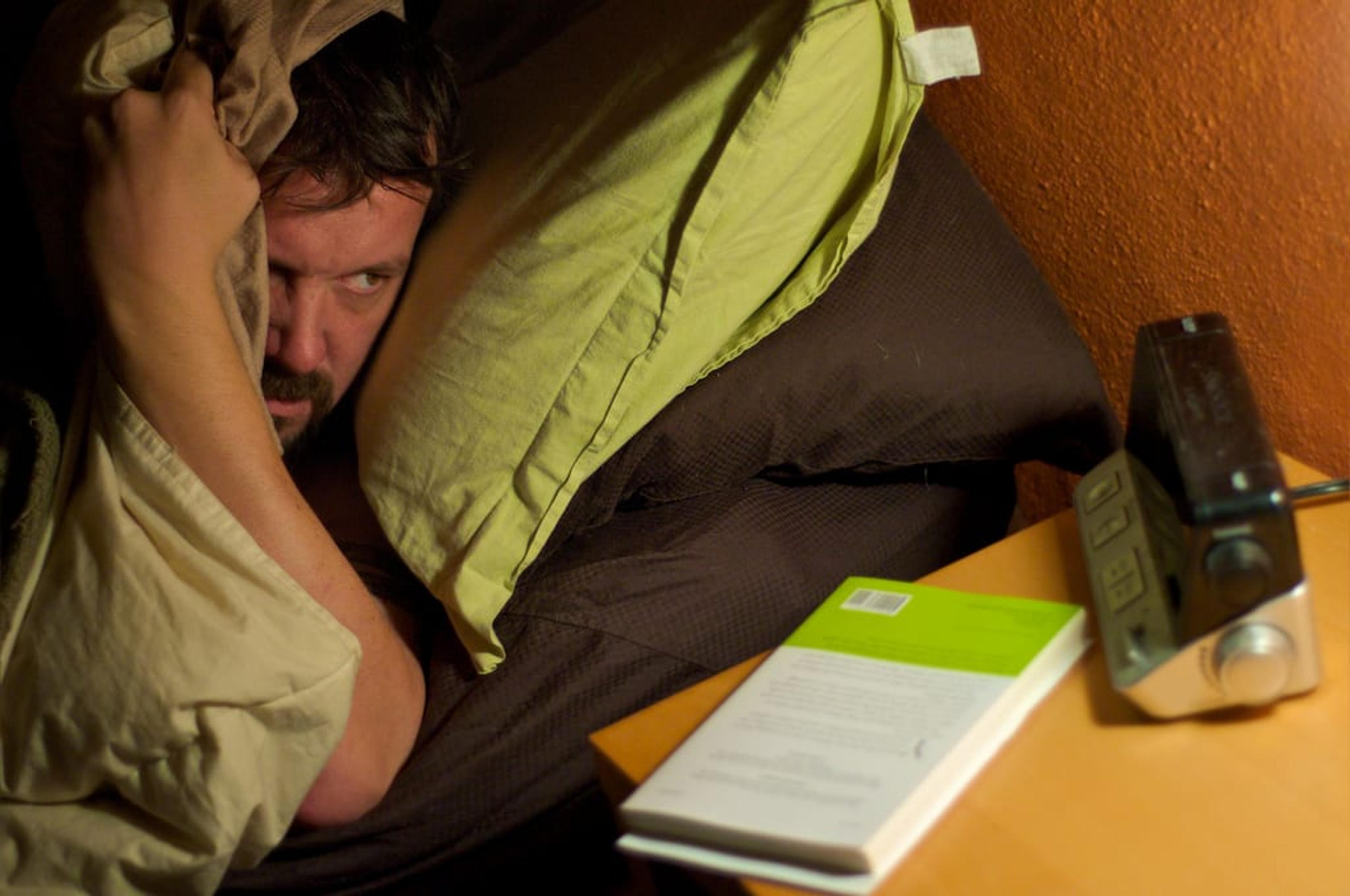Wake Up Perky Every Morning—No Sunlight Required
| 2 min read

On any given weekday morning, it can feel practically impossible to drag yourself out of bed when the alarm goes off. But throw in the fact that it’s staying dark later and later these days, and waking up bright-eyed and cheery can seem impossible. But is it? There are actually some relatively simple steps you can take to become a morning person. Just follow these five suggestions to transform yourself into one of those people who bounds out of bed full of energy—at least most of the time.
- Change your alarm clock. When the loud beeping of a typical alarm goes off, you’re jolted from sleep no matter how deep of a stage you were in. And when you wake up from a deep sleep, you’re likelier to feel groggy and disoriented. Switch to an alarm that’s more gradual. It will start low and slowly grow louder, meaning you can come to in a more natural way.
- Put flowers on your bedside table. Seeing blooms first thing lifts your mood and gives you more energy. When picking out the bouquet, go for ones that feature a lot of red—it’s the most stimulating of all colors.
- Turn on the bright lights. Your body has a natural circadian rhythm that’s governed by light and dark. So even if it’s pitch black outside, fake yourself out by flipping on your light switch as soon as you can. The burst of brightness first thing will get you fully awake faster.
- Drink some water. Downing a glass of H2O will give you energy quickly. That’s because when you’re dehydrated, which you probably are after going eight hours without a sip of water, you feel more fatigued.
- Exercise in the a.m.—even if it’s just for a little. Any kind of workout will give you a burst of energy by getting your heart rate up and your endorphins soaring. Plus you’ll have knocked out something on your to-do list before breakfast!
Photo credit: bark





